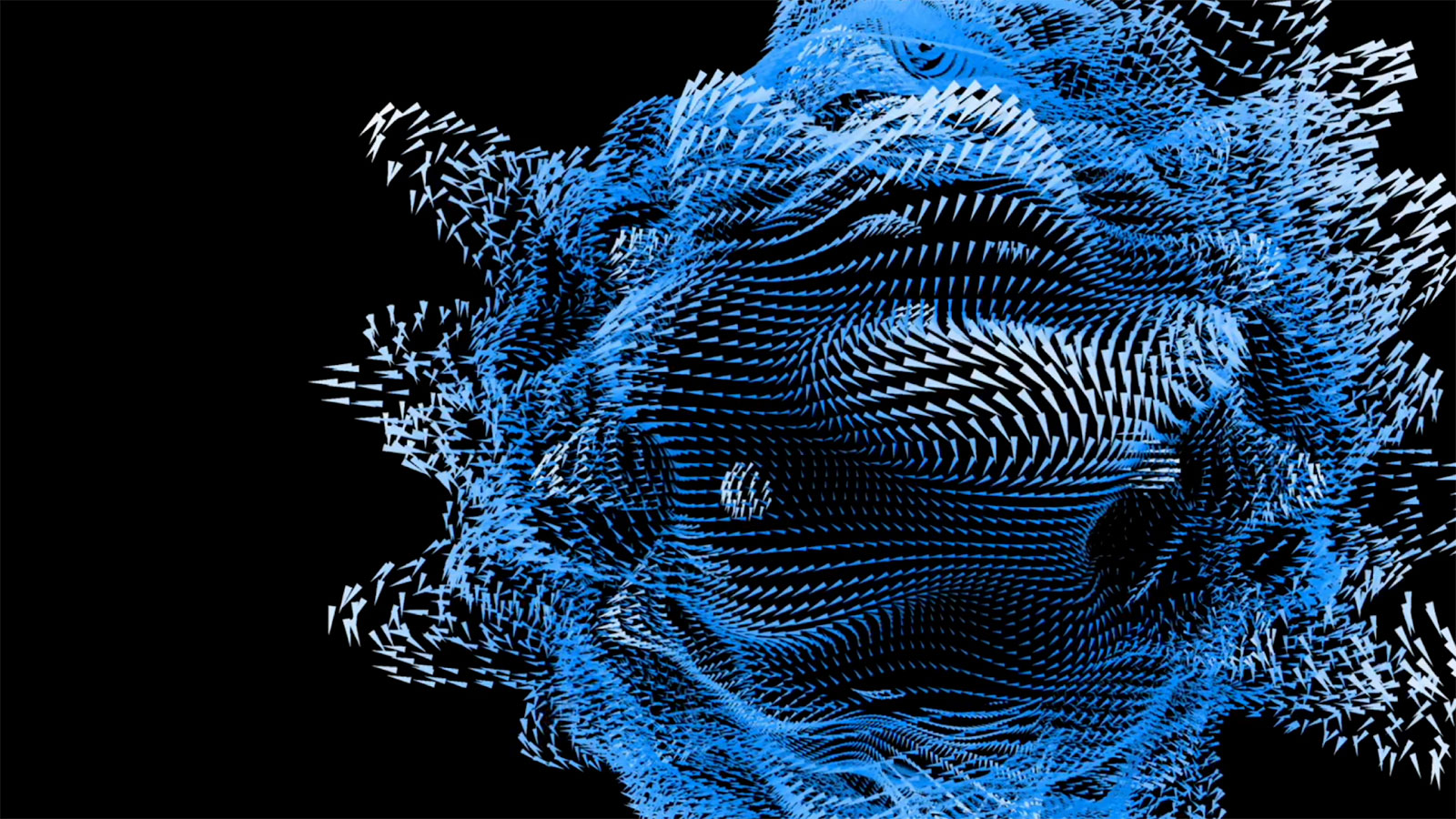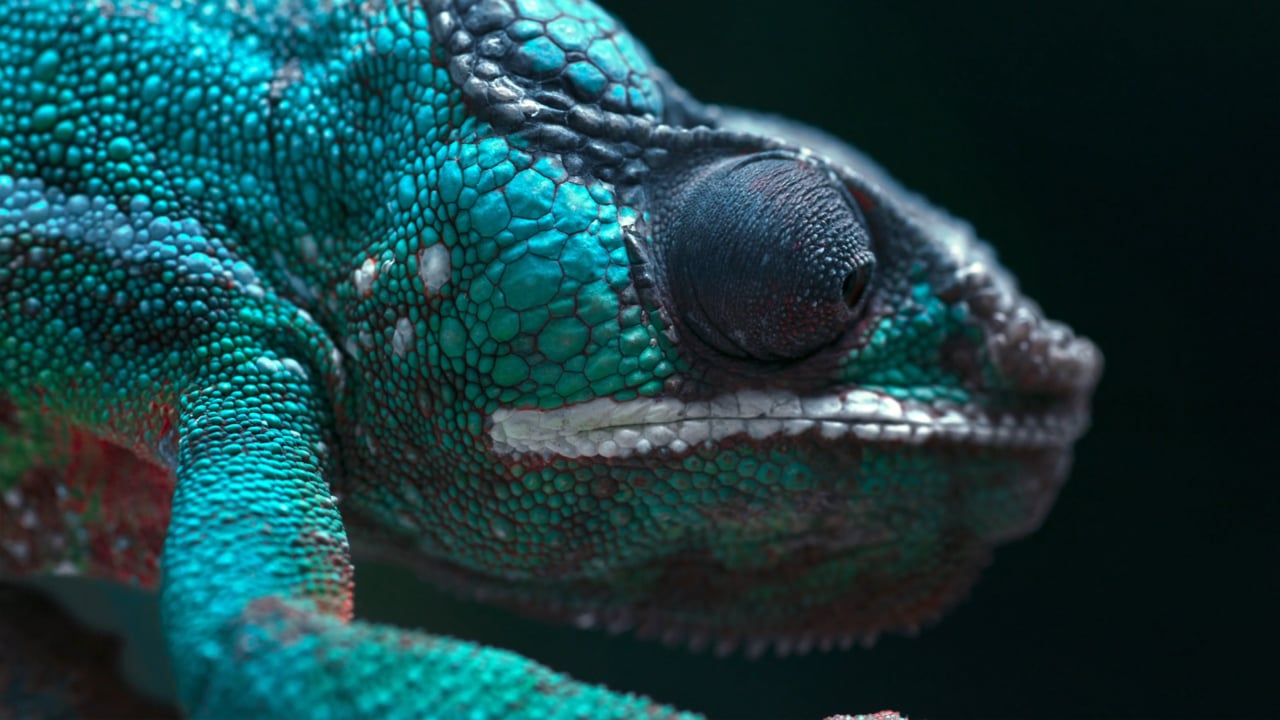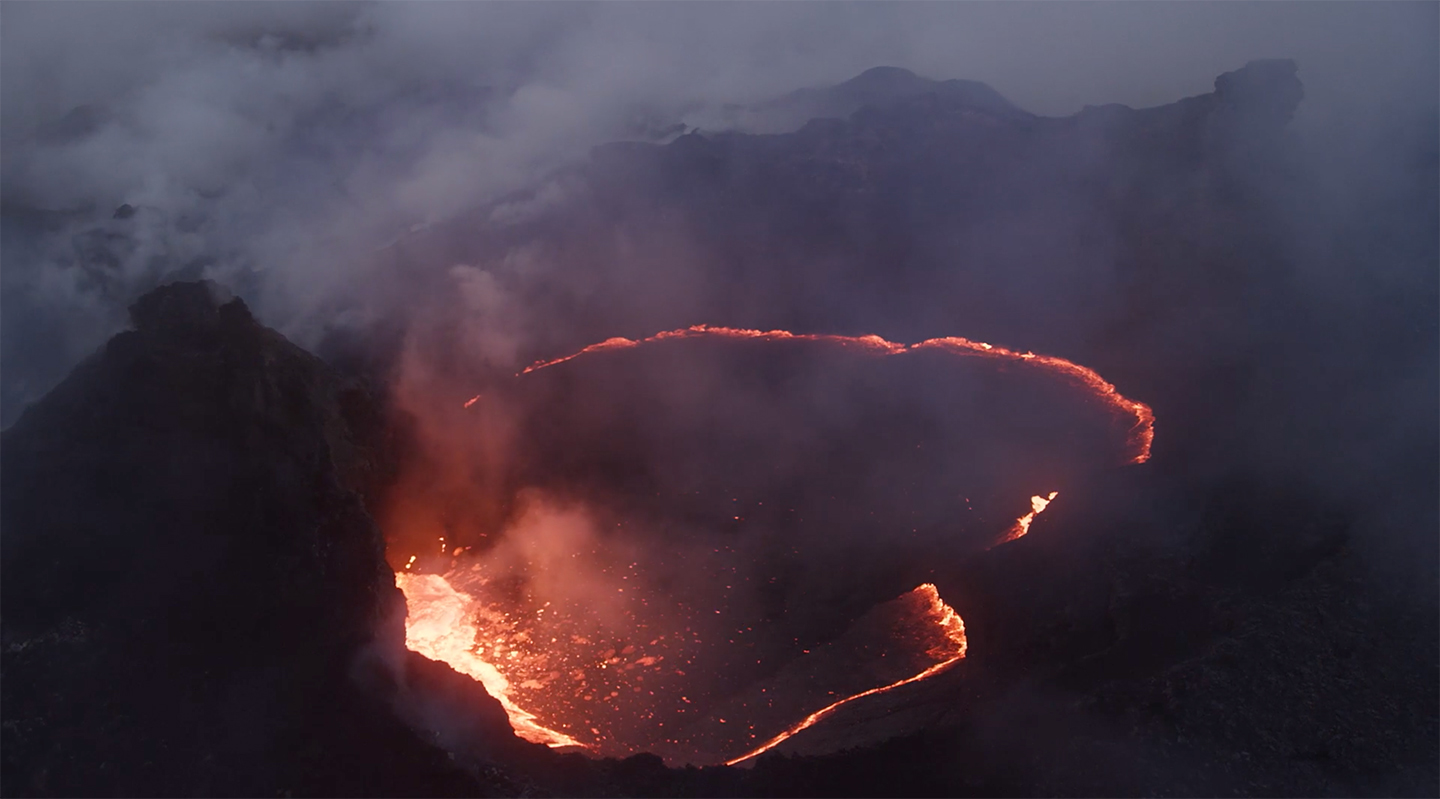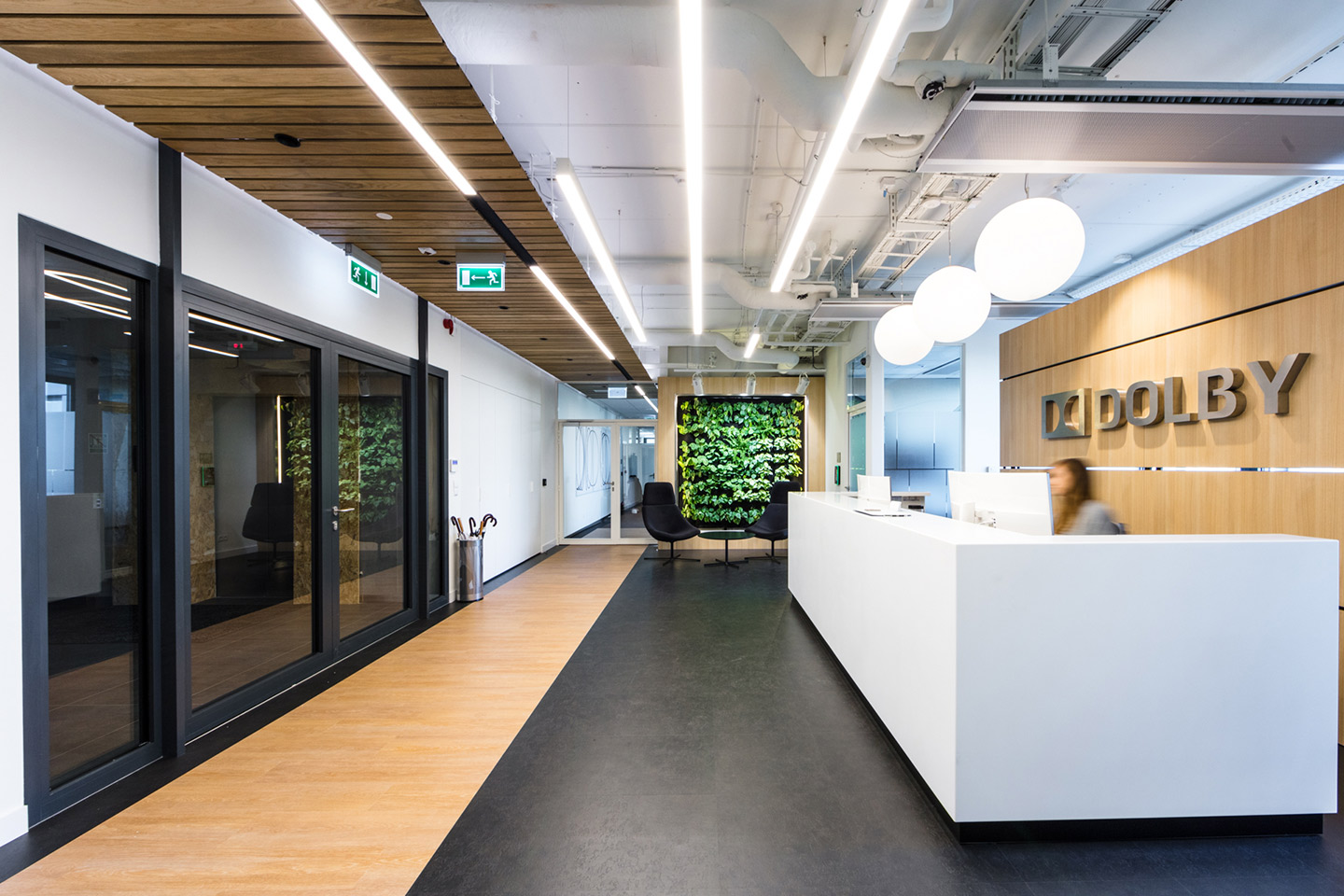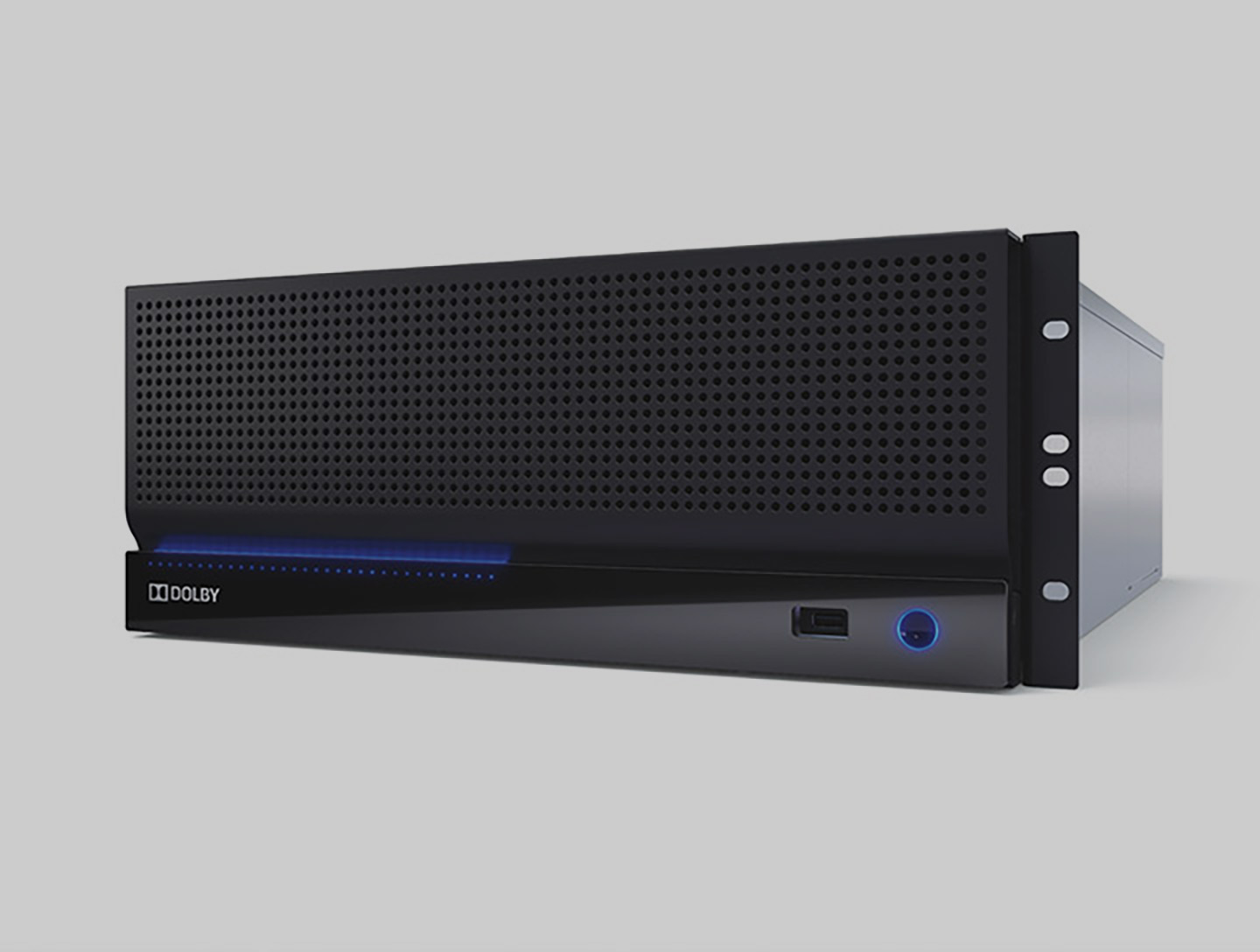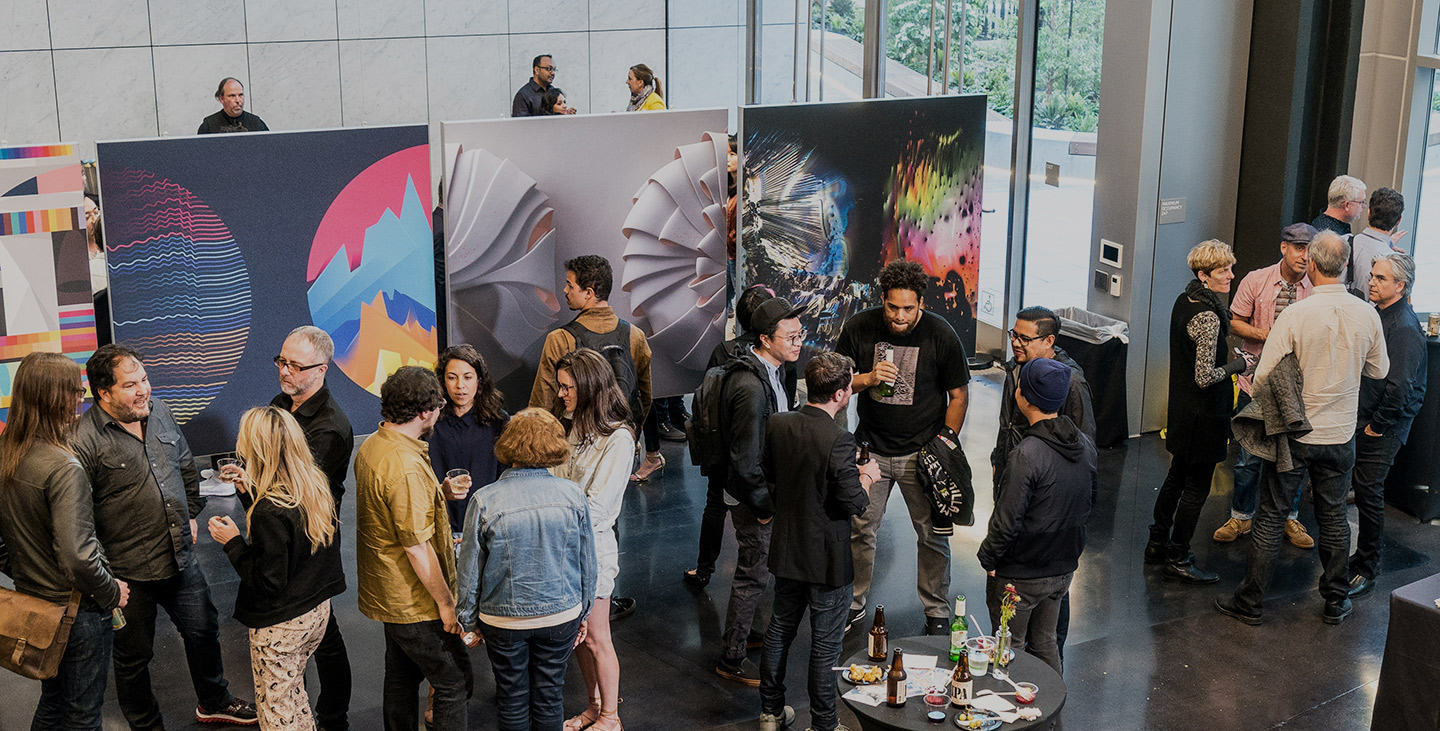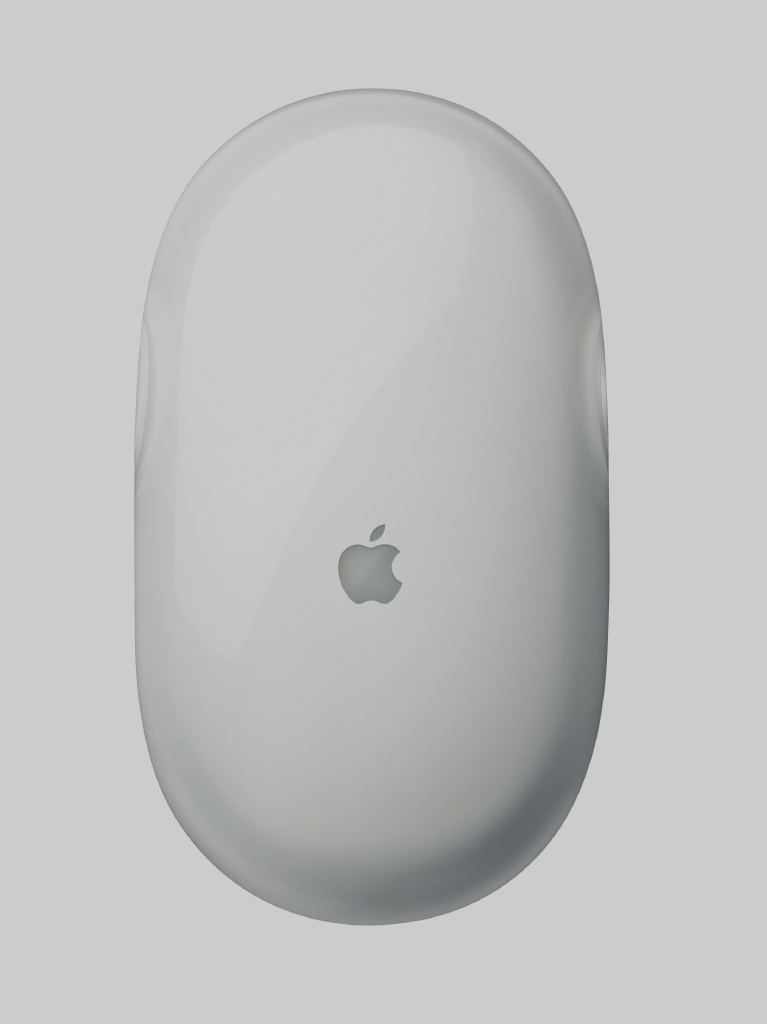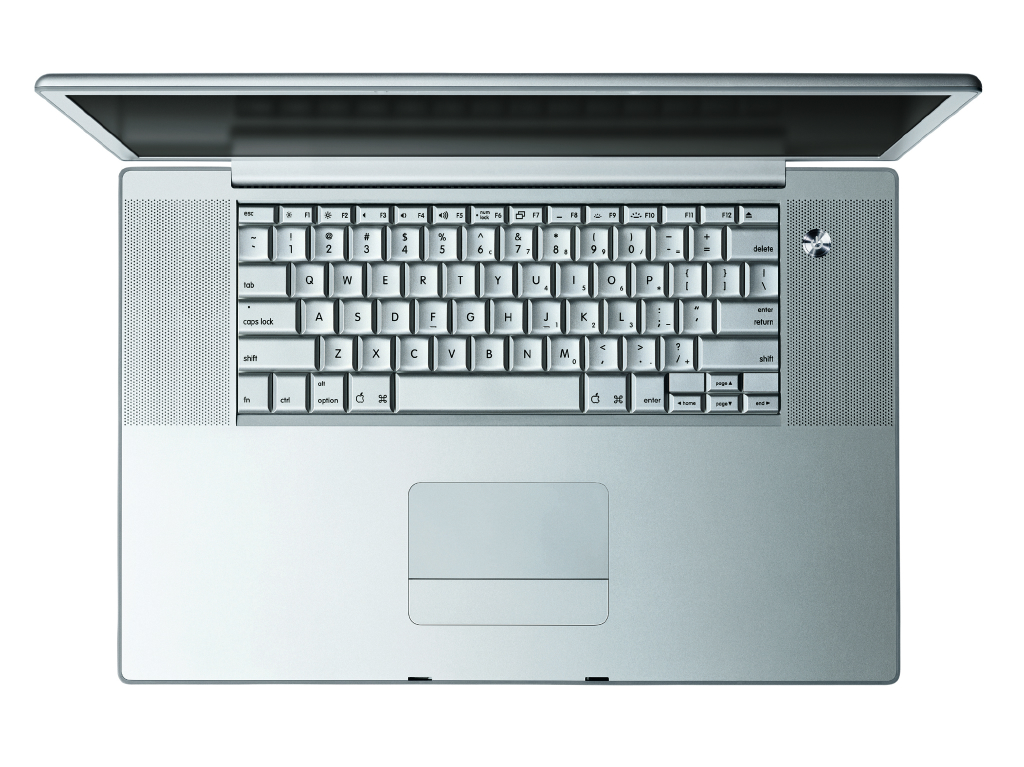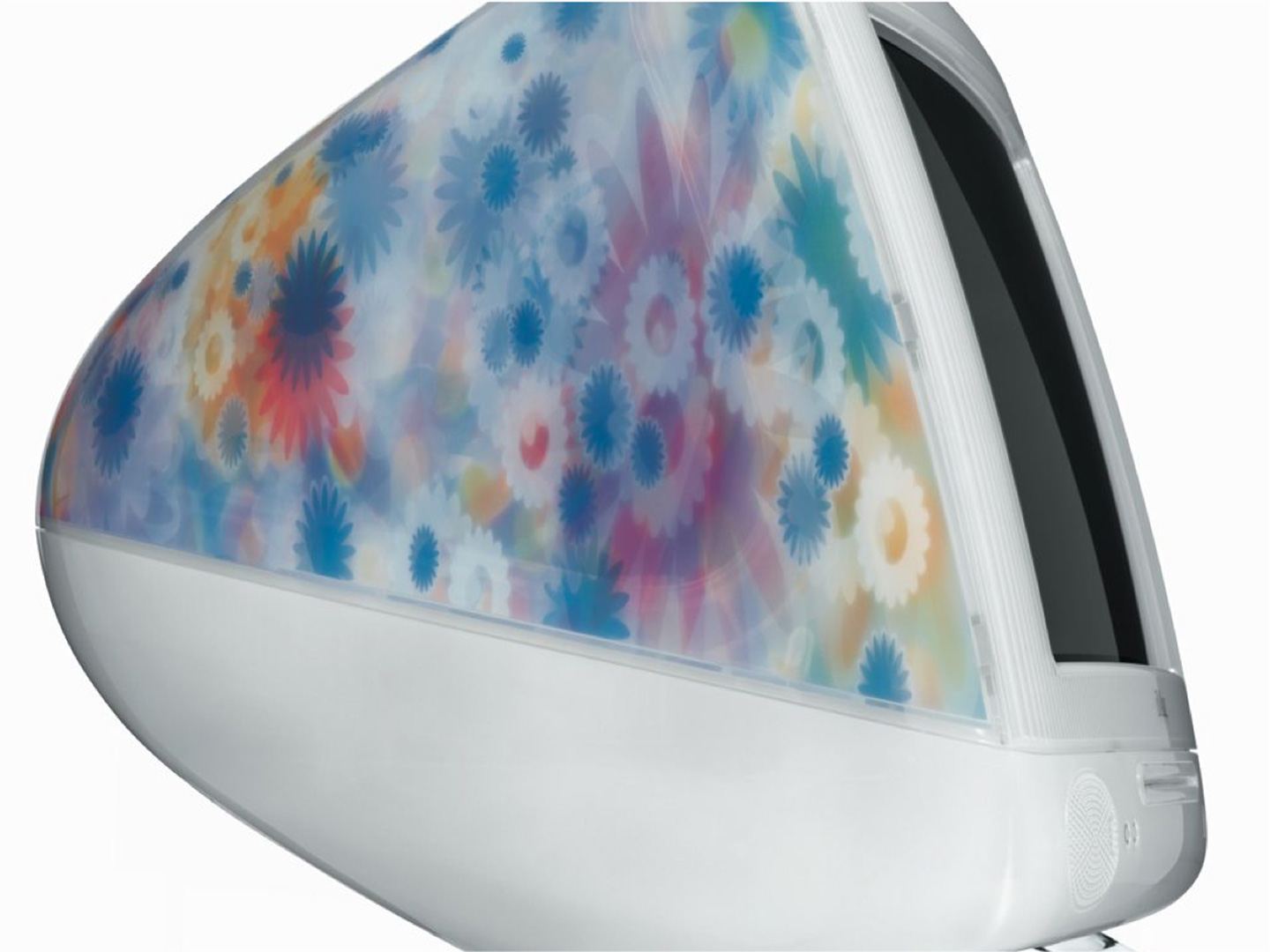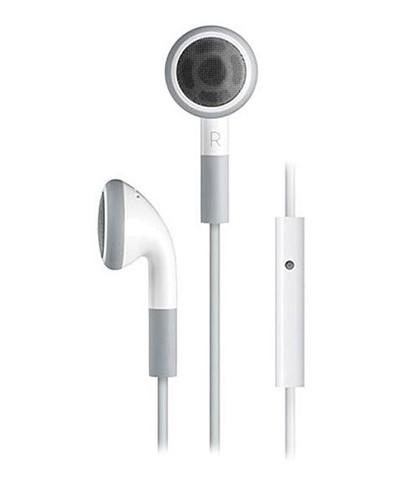EMECO COKE 111 NAVY CHAIR
EMECO COKE 111 NAVY CHAIR
EMECO-COKE 111 NAVY CHAIR
In 2006, shorty after Voron joined Coca-Cola’s Global Design team his newly formed industrial design team sought a means to embrace the companies sustainability vision and demonstrate that design could have a positive impact on reducing waste while transforming iconic partners from unrelated industries.
The industrial design that Voron led partnered with the global marketing organization to seek external partners who had iconic brands, like Coke, and were keen to leverage recycled plastics and aluminum. One of Coke’s goals was to keep their plastic bottles out of landfills, and we sought product applications via strategic manufacturing partnerships. Our teams approached the chair manufacturer Emeco, best known for manufacturing the iconic aluminum Navy chair that was designed for the US Navy in the 1940s under the direction of a simple brief, make the chairs light weight and fireproof for use on submarines. Emeco's leadership "jumped on the project” idead that Coke suggested, which was to produce the iconic Emeco Navy Aluminum chair out of recycled coke cans and then create a new line extension, the iconic Navy chair made from recycled plastic (often referred to as rPET). Both Emeco and Coca-Cola saw it as an opportunity to develop an innovative, structurally sound product and keep plastic bottles out of the landfill.
EMECO-COKE 111 NAVY CHAIR
In 2006, shorty after Voron joined Coca-Cola’s Global Design team his newly formed industrial design team sought a means to embrace the companies sustainability vision and demonstrate that design could have a positive impact on reducing waste while transforming iconic partners from unrelated industries.
The industrial design that Voron led partnered with the global marketing organization to seek external partners who had iconic brands, like Coke, and were keen to leverage recycled plastics and aluminum. One of Coke’s goals was to keep their plastic bottles out of landfills, and we sought product applications via strategic manufacturing partnerships. Our teams approached the chair manufacturer Emeco, best known for manufacturing the iconic aluminum Navy chair that was designed for the US Navy in the 1940s under the direction of a simple brief, make the chairs light weight and fireproof for use on submarines. Emeco's leadership "jumped on the project” idead that Coke suggested, which was to produce the iconic Emeco Navy Aluminum chair out of recycled coke cans and then create a new line extension, the iconic Navy chair made from recycled plastic (often referred to as rPET). Both Emeco and Coca-Cola saw it as an opportunity to develop an innovative, structurally sound product and keep plastic bottles out of the landfill.
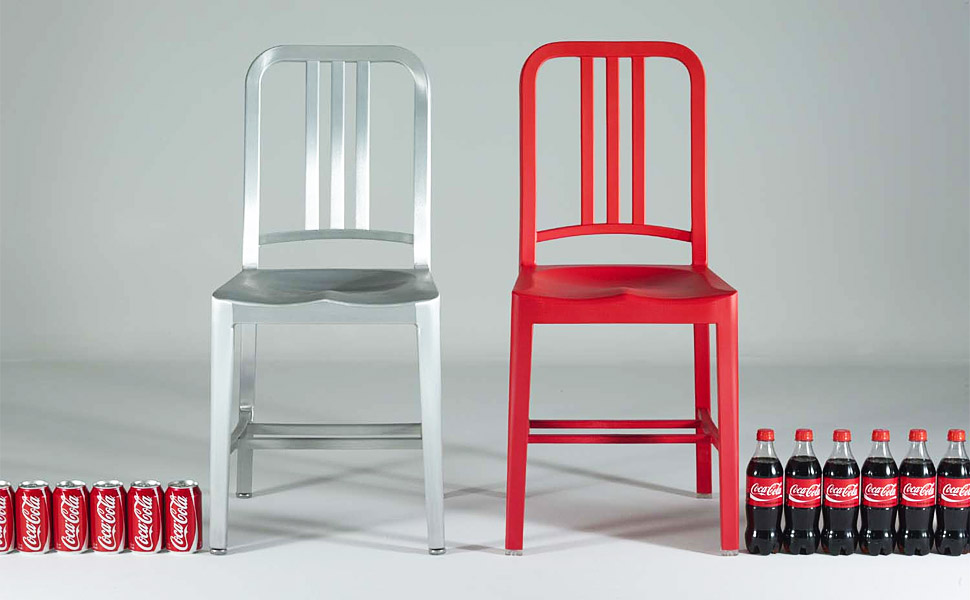
While head of Global Industrial Design, his team partnered to emeco and BASF plastics to create and design a complex injection molding tool and a new material made from recycled PET plastic and reinforced with fibers to provide the necessary strength. Voron’s team led the tooling design as well as the color design and testing. The chair was named the 111 Navy chair as it takes approximately 111 coca-cola PET bottles to produce the recycled resin for the chair
Other Work
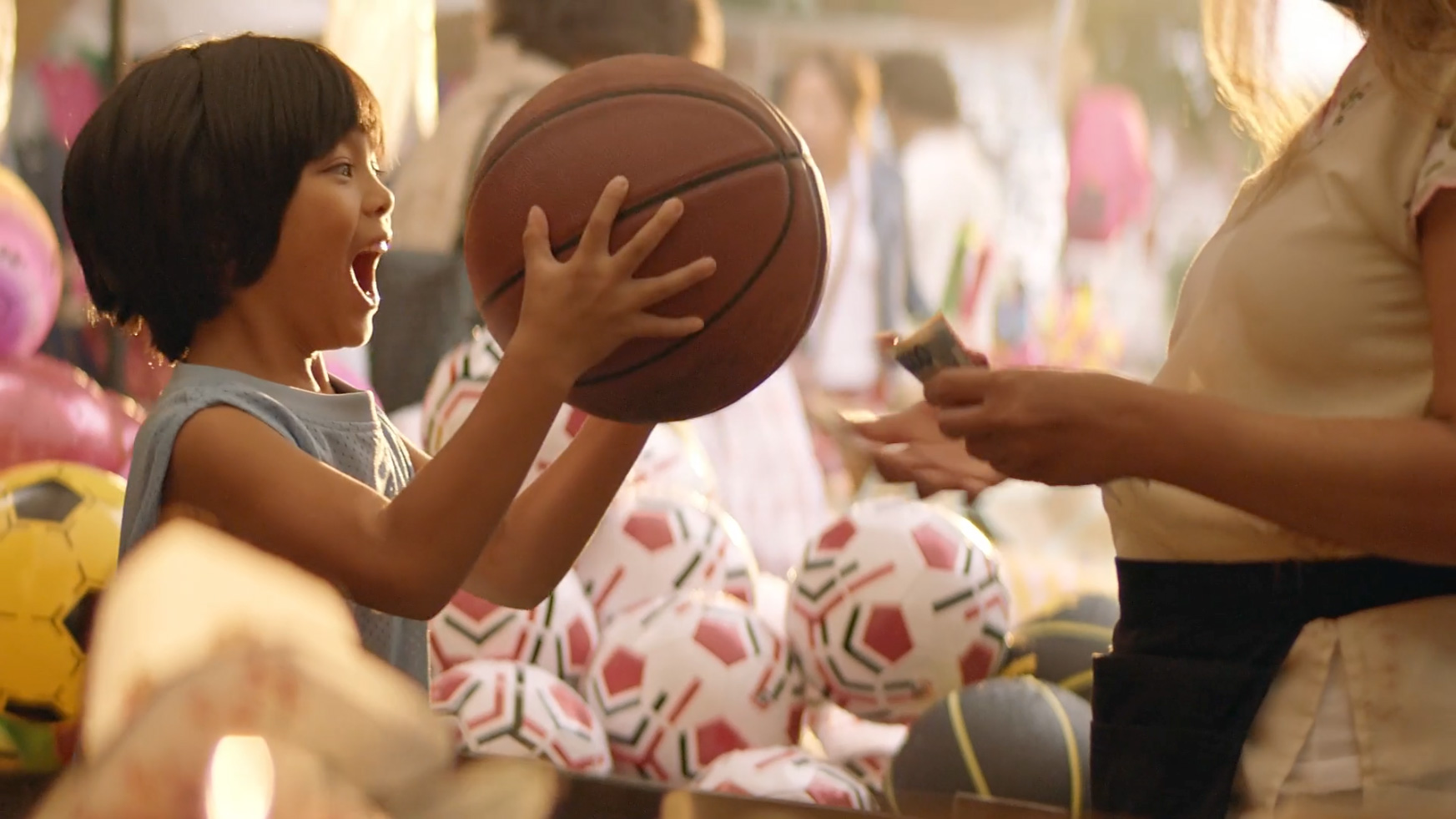
Ripple Got It CampaignRipple

Dolby Brand Design SystemPayID Product & Brand Design
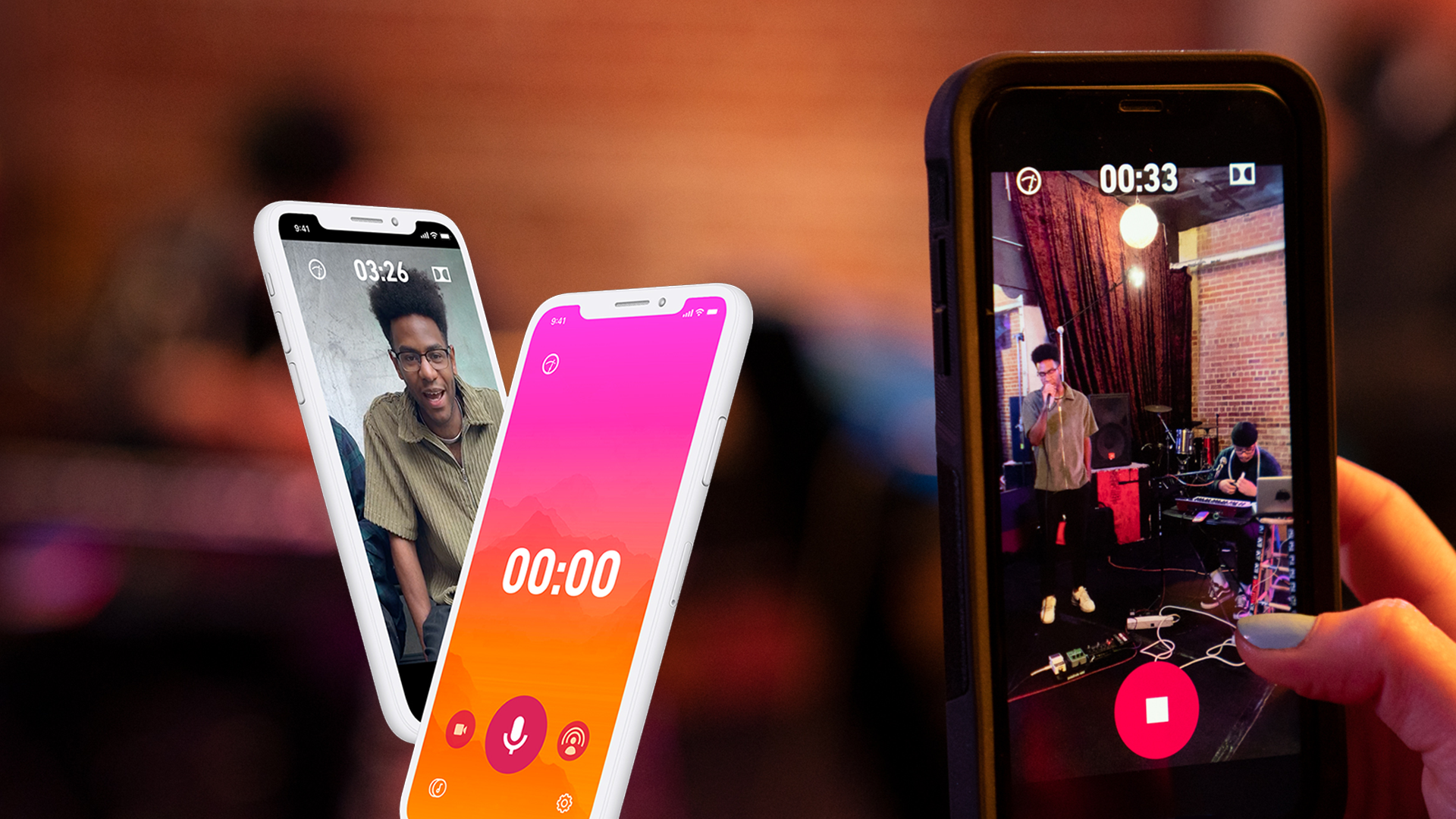
Dolby UX/UI DesignDolby
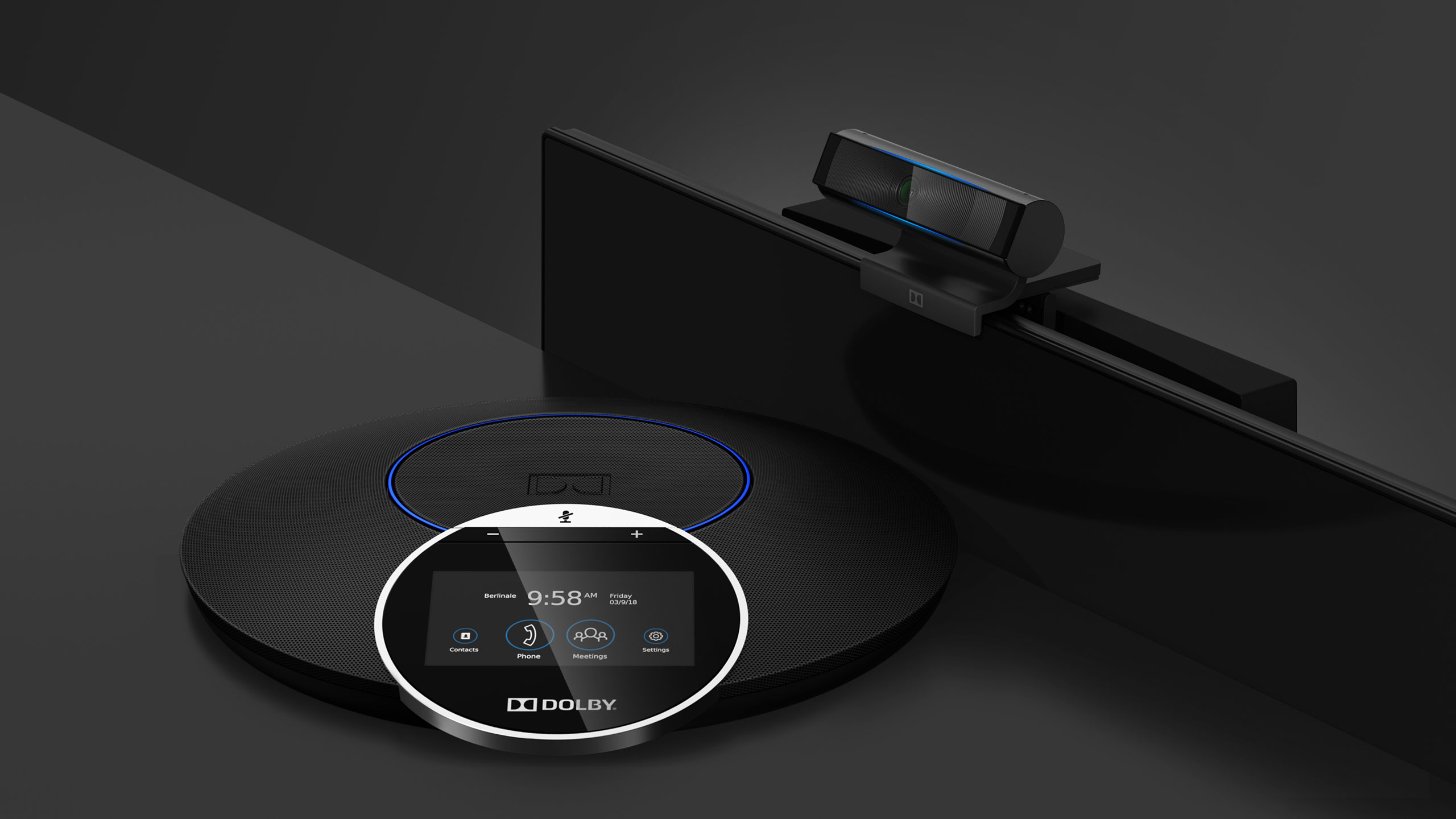
Dolby VoiceDolby

EscapeDolby
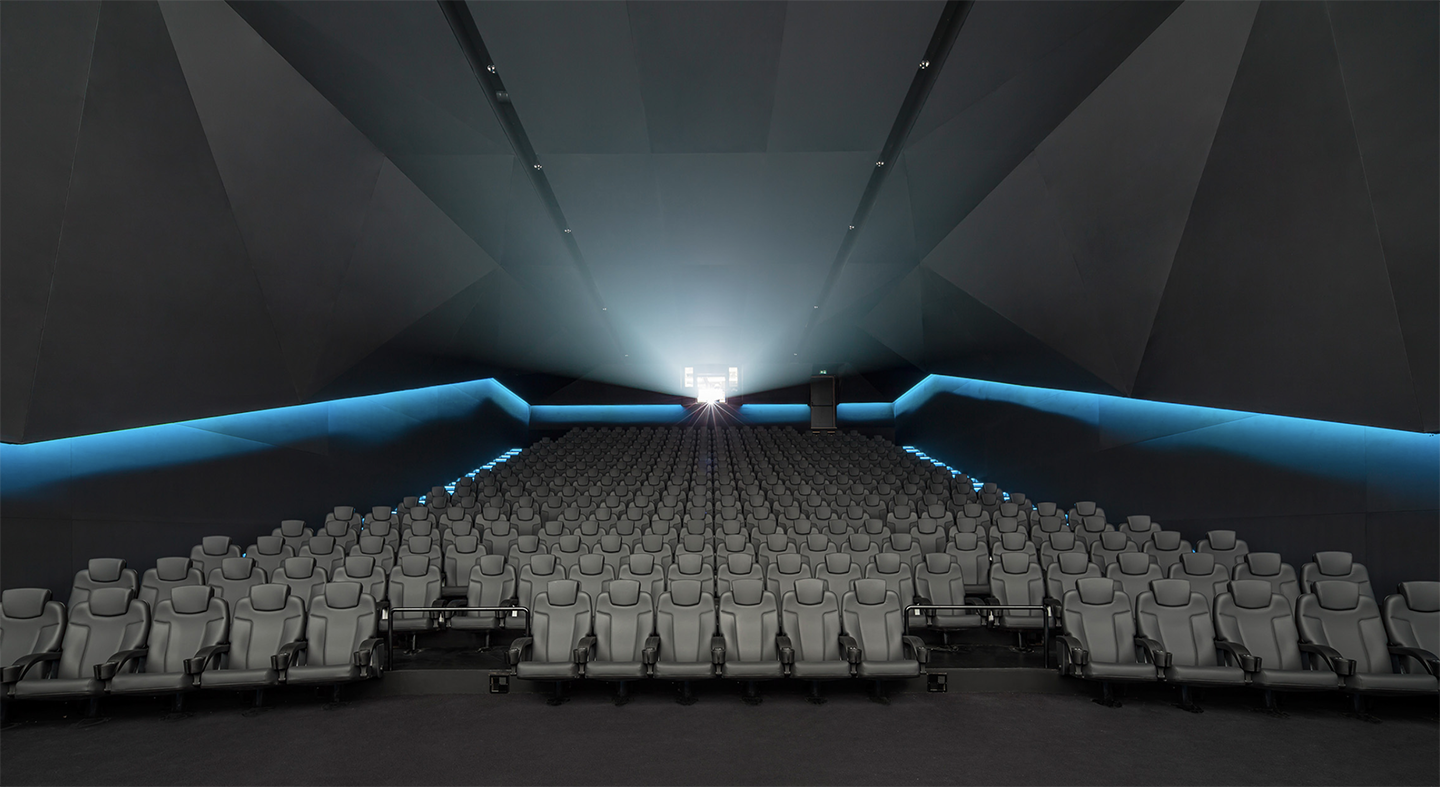
Dolby CinemaDolby

SilentDolby
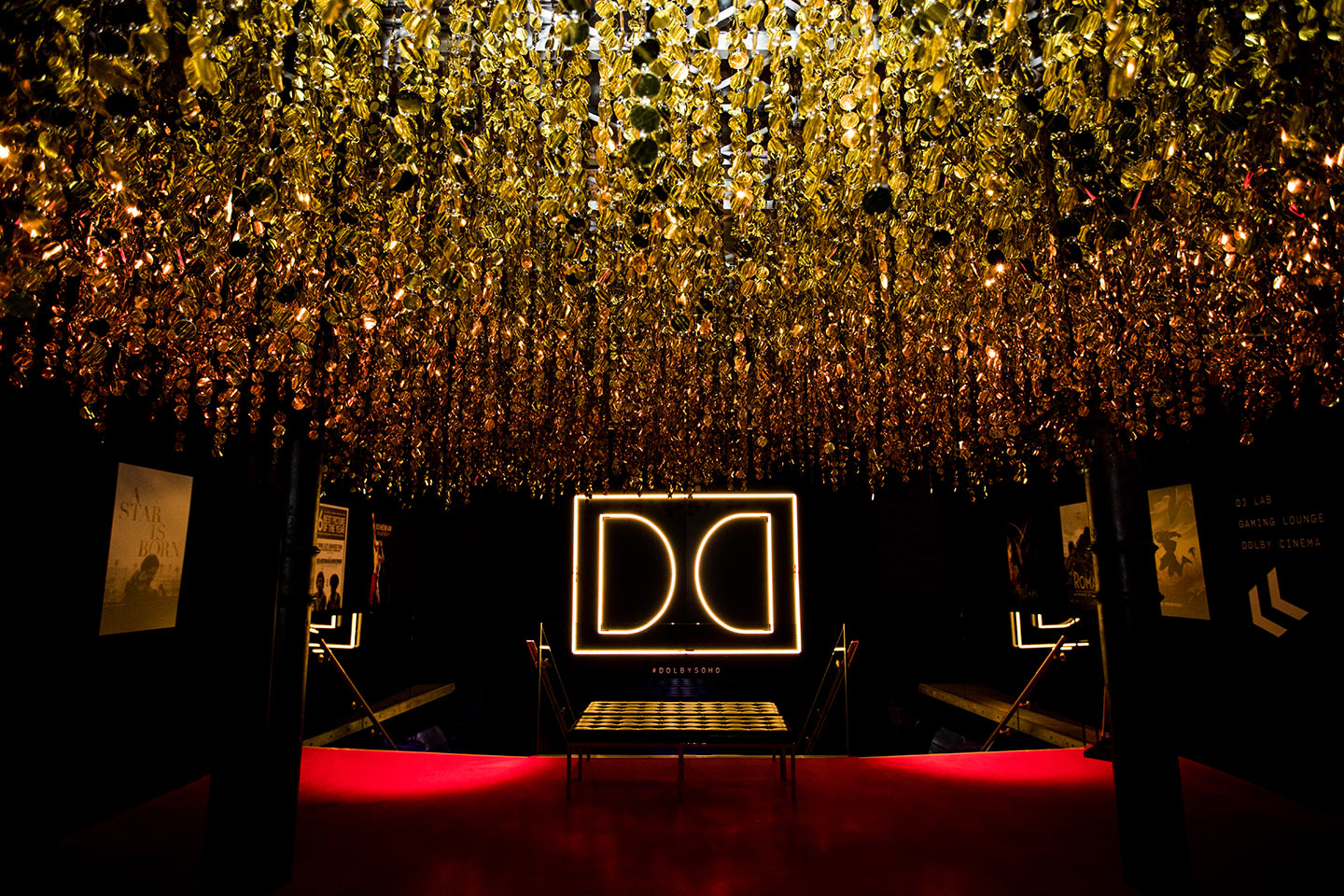
Dolby SohoDolby
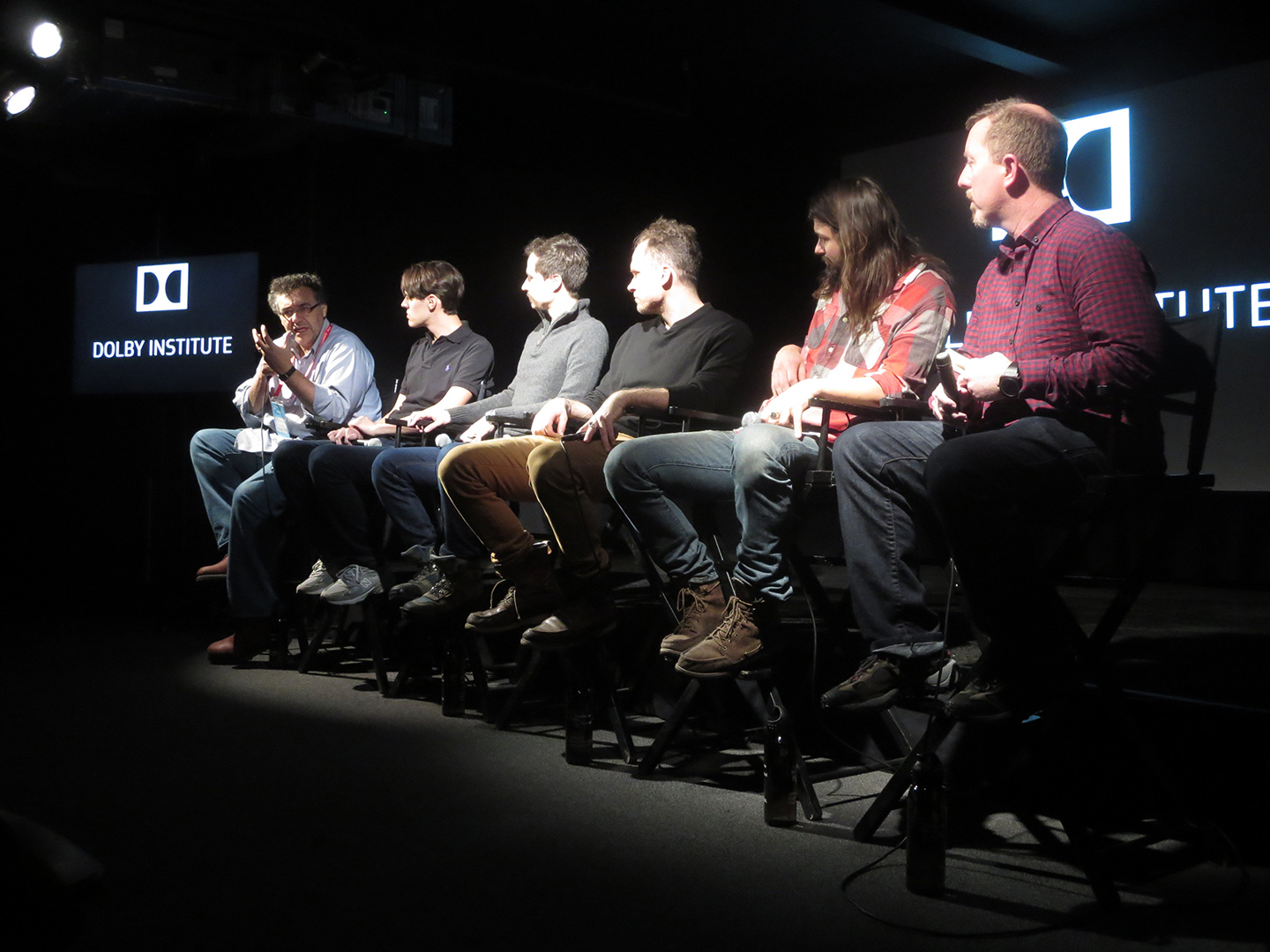
Dolby InstituteDolby
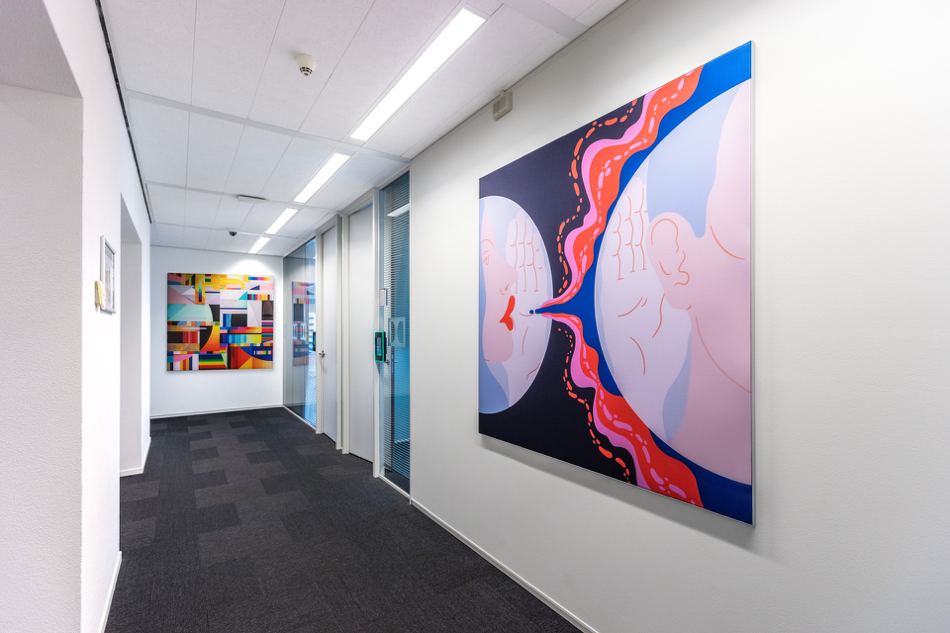
Dolby Art SeriesDolby
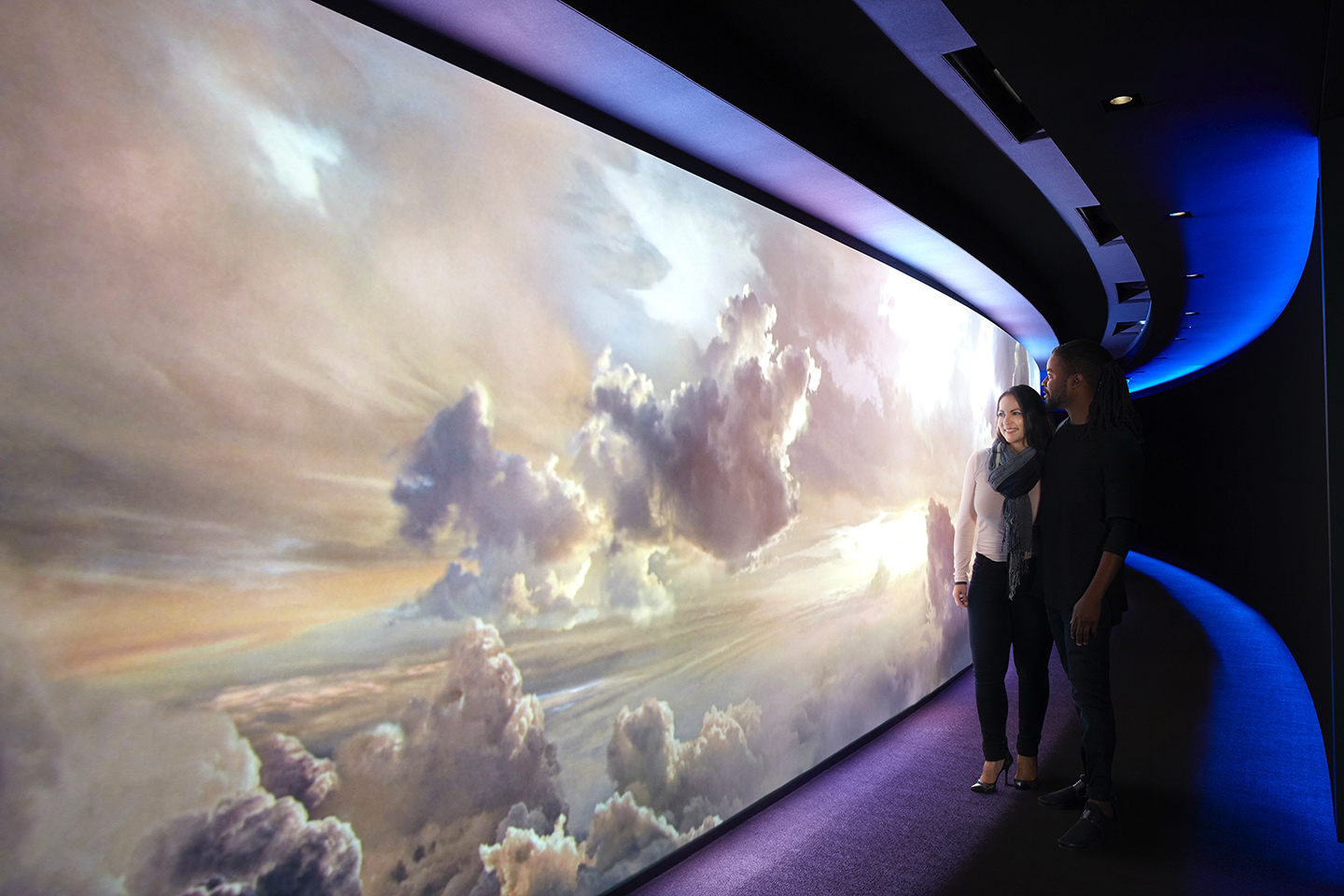
Dolby PhotographyDolby

Partners ToolkitsDolby
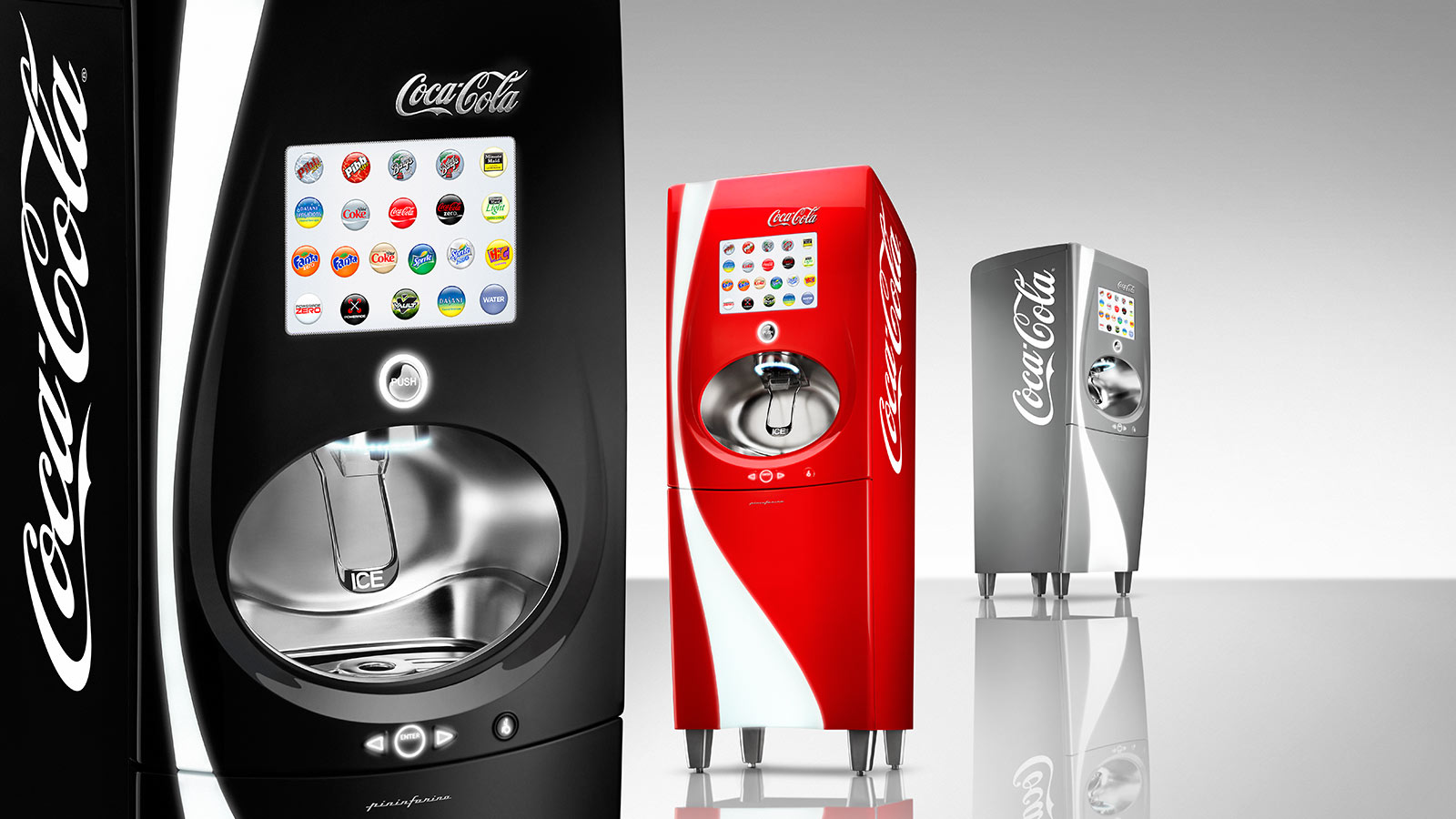
Coca-Cola FreestyleCoca-Cola
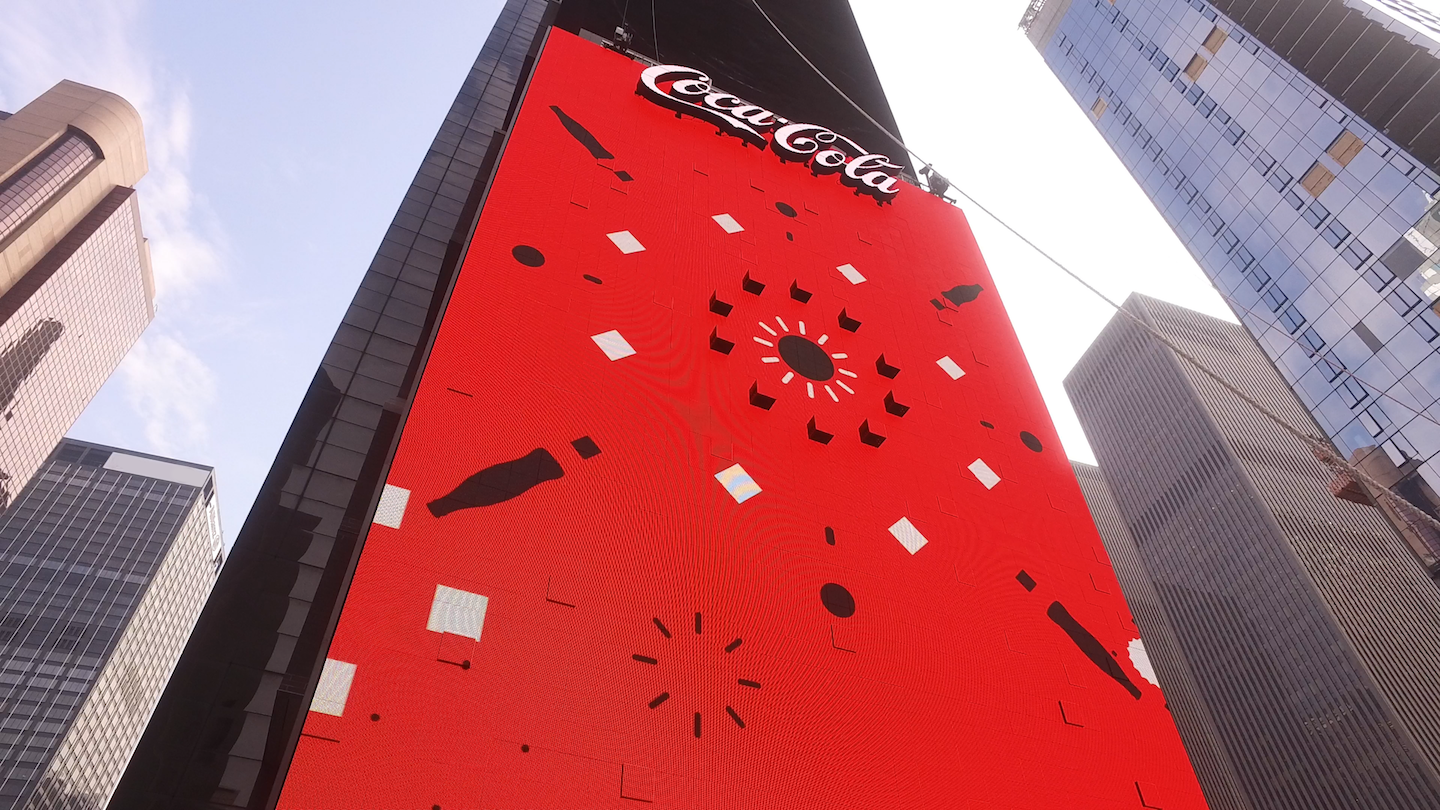
Times Square Interactive BillboardCoca-Cola
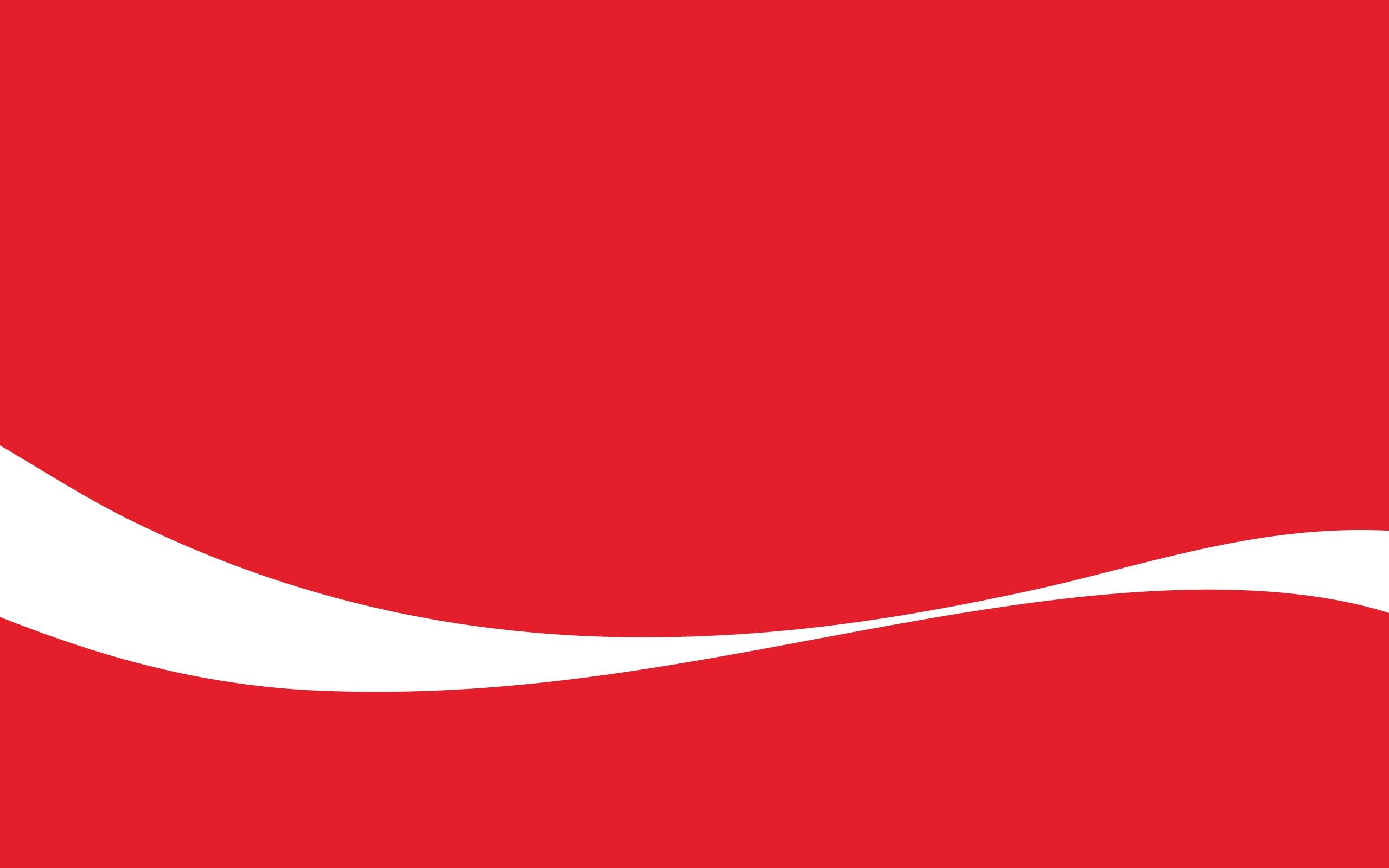
Coke Brand Design SystemCoca-Cola

Coca-Cola PackagingCoca-Cola

Coca-Cola EquipmentCoca-Cola

Coca-Cola Digital DesignCoca-Cola
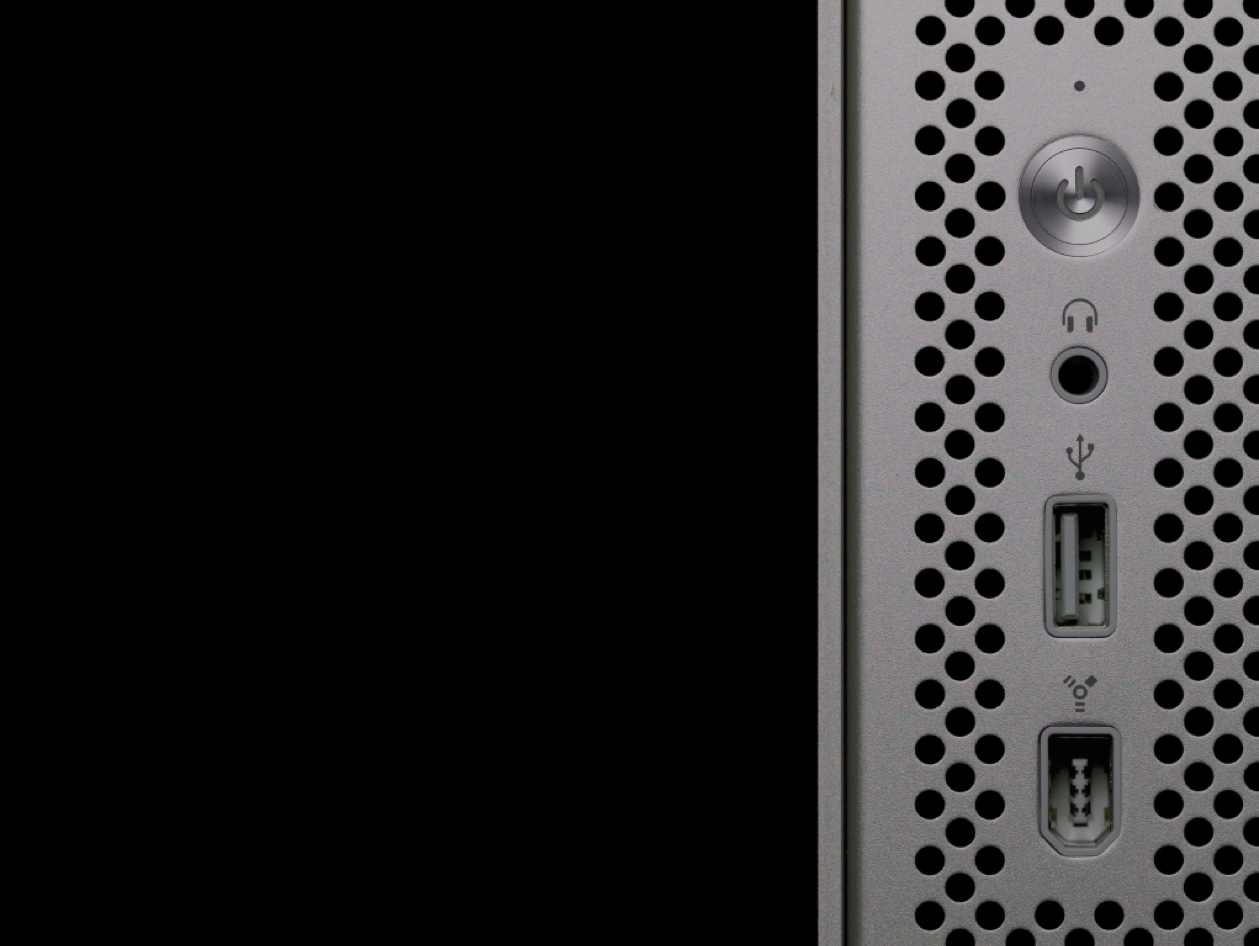
Apple ArchiveApple
Apple is a registered trademark of Apple Inc, Coca-Cola is a registered trademark of The Coca-Cola Company, Dolby and the double-D symbol are registered trademarks of Dolby Laboratories.Hey there, this is the default text for a new paragraph. Feel free to edit this paragraph by clicking on the yellow edit icon. After you are done just click on the yellow checkmark button on the top right. Have Fun!

